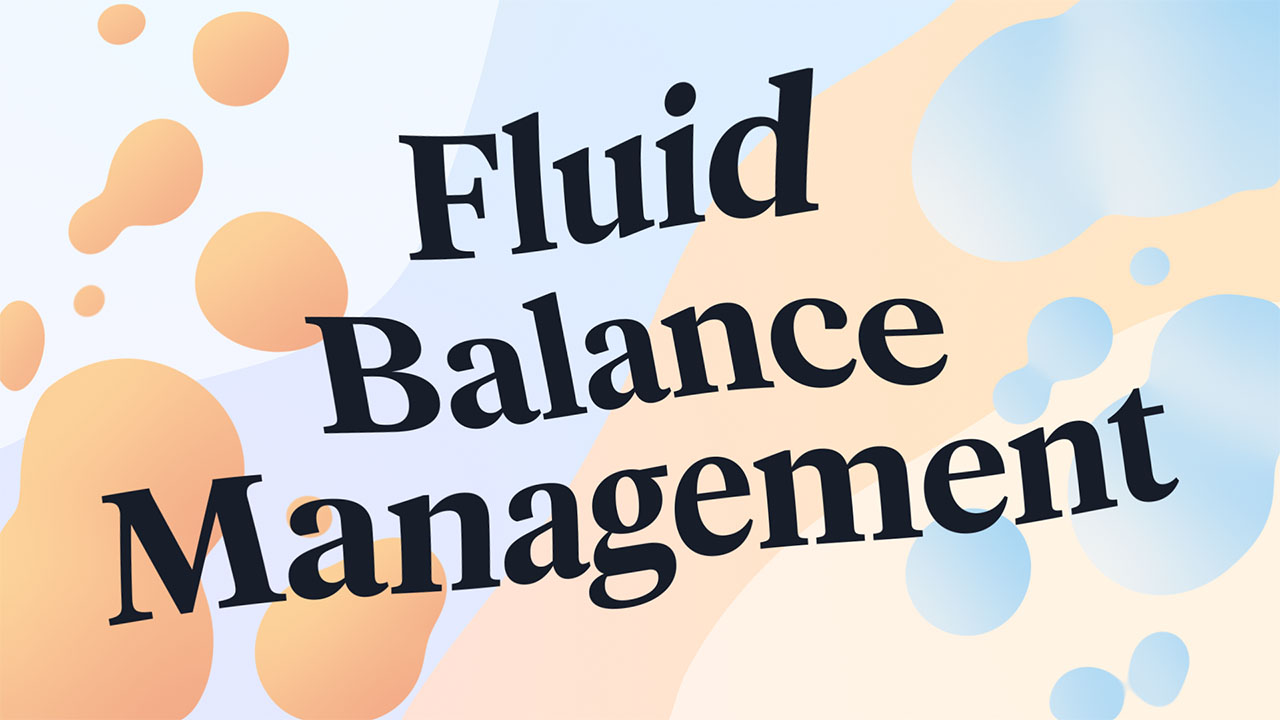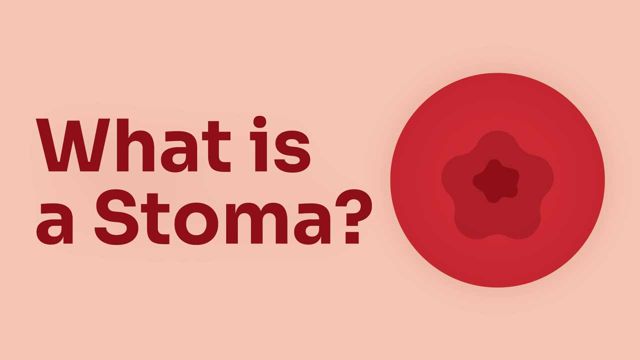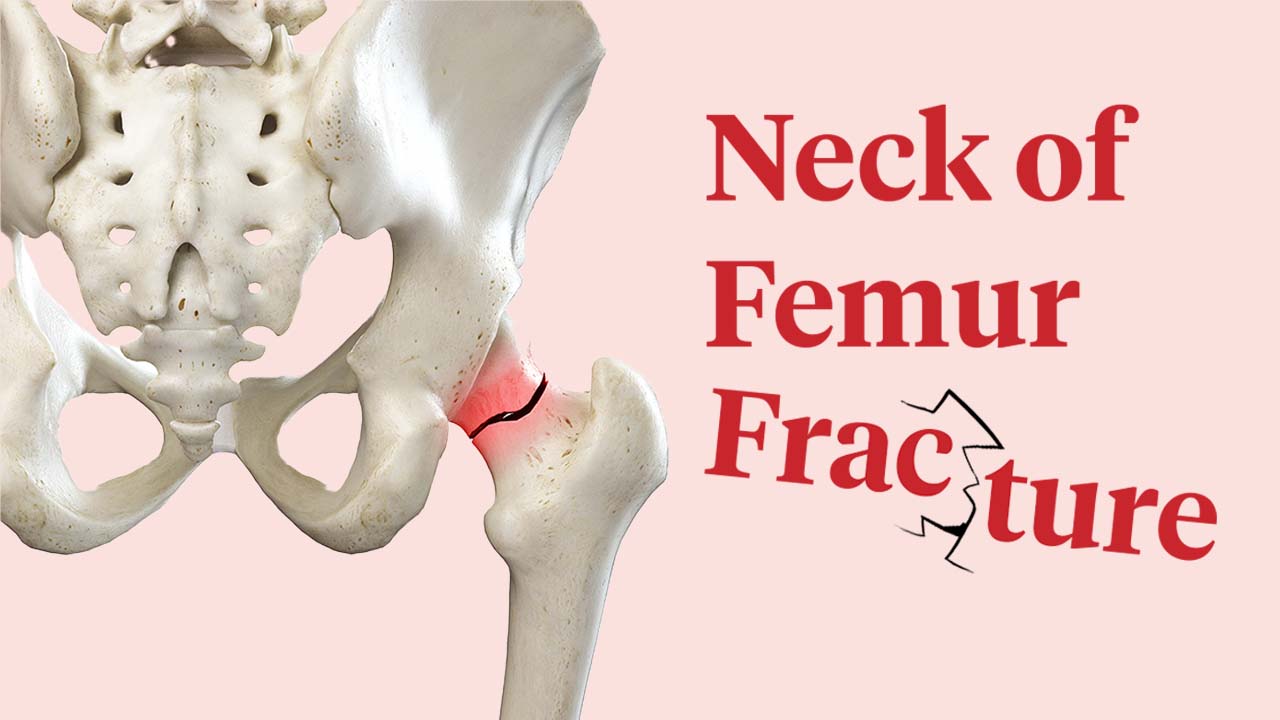Fluid Balance Management


Unmanaged fluid imbalance poses a significant, yet often silent, threat to patient safety in healthcare settings, leading to potentially devastating consequences like organ dysfunction and extended hospital stays.
This Ausmed Course is intended for nurses, pharmacists, paramedics and other healthcare professionals looking to increase their understanding of the assessment and management of fluid balance in patients' care.
Content
What you'll learn:
Describe the physiological significance of maintaining fluid balance within the intracellular and extracellular compartments of the body.
Identify and explain the main sources of fluid intake, outlets for fluid loss, and their impact on the body's fluid distribution.
Describe the four main assessment areas that should be investigated when assessing a patient’s fluid status.
Understand the indications for oral rehydration solutions and intravenous fluids.
Apply knowledge of fluid balance, assessment techniques and fluid management strategies to evaluate a patient's condition and potential treatment plan.
Who it's for:
Why it's needed:
Unmanaged fluid imbalance poses a significant, yet often silent, threat to patient safety in healthcare settings, leading to potentially devastating consequences like organ dysfunction and extended hospital stays. The widespread use of intravenous fluids in critical care underscores these concerns. Intravenous fluids, with an estimated annual consumption of 1 billion units of 0.9% sodium chloride solution, are the most commonly administered drug in critically ill adults.
Additionally, some healthcare professionals are reported to continuously struggle to recognise early warning signs of fluid imbalance through comprehensive assessment techniques. Navigating the complexities of fluid dynamics to tailor fluid management for an individual patient’s needs can also be challenging.
Therefore, education that empowers healthcare professionals with the essential skills to proactively assess fluid status, navigate fluid dynamics and implement fluid stewardship principles is necessary in order to improve patient outcomes, reduce complications and ensure fluid management is more consistently approached according to best practices.
Purpose:
Topics
Assign mandatory training and keep all your records in-one-place.
Find out more
Recommended resources










 New
New